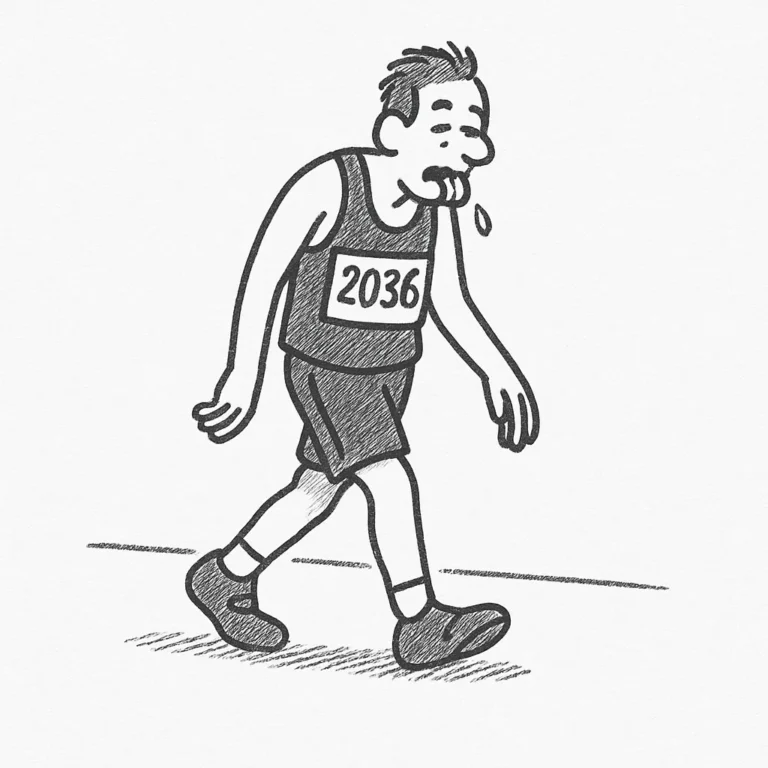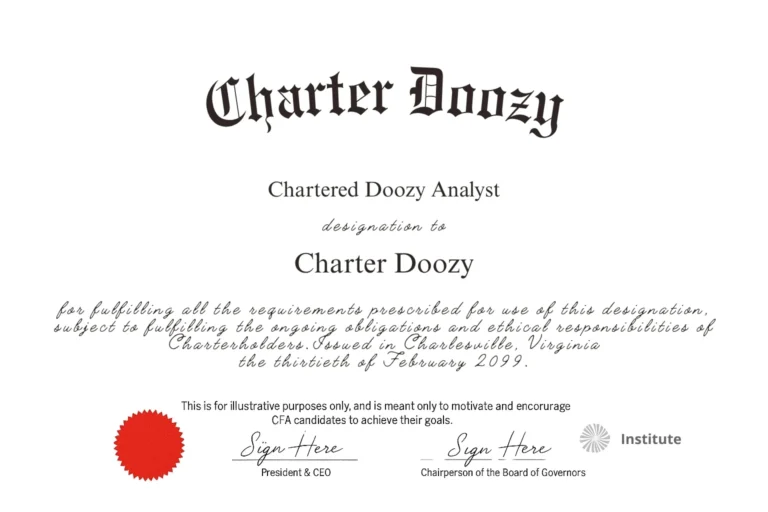Every CFA candidate has bad days.
The kind of day where everything feels off.
You’re tired.
You’re distracted.
You open your notes and nothing sticks.
You start your session late—or don’t start at all.
When this happens, most candidates do the same thing:
They panic.
They beat themselves up.
They say, “I’ve lost momentum,” or worse, “I’m behind.”
But here’s the truth:
Bad days are not a failure. They’re a feature.
And if you want to pass the CFA exam, you need a plan that includes them.
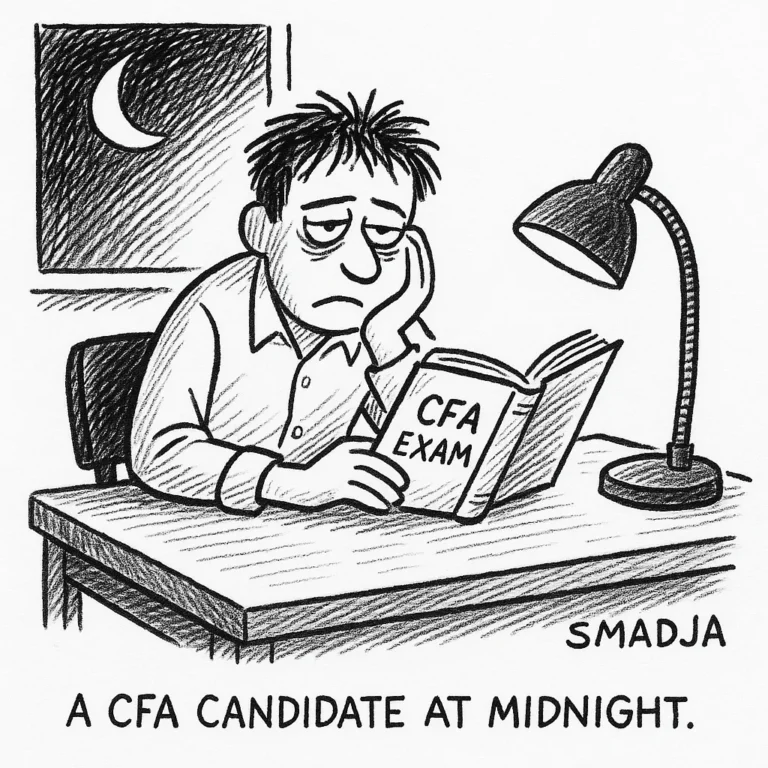
The Myth of the Perfect Study Week
Too many candidates build a study plan based on an ideal version of themselves.
In that plan, they always sleep well.
They always have energy.
They always feel motivated.
No work emergencies, no family interruptions, no mental crashes.
That version of you doesn’t exist.
And the plan built around that version will break.
A real plan—a strong plan—expects breakdowns.
It includes recovery days.
It makes space for human reality.
This is not lowering the standard.
This is engineering a system that works.
What Bad Days Actually Do
Bad days don’t kill your progress.
What kills your progress is what you do next.
Most candidates go into “all or nothing” mode.
They miss one session and abandon the rest of the week.
They don’t just lose momentum—they destroy it.
But here’s what the best candidates understand:
One bad session doesn’t matter.
Quitting for three days because of one bad session does.
The goal is not to avoid dips.
The goal is to flatten the dips and keep moving forward.
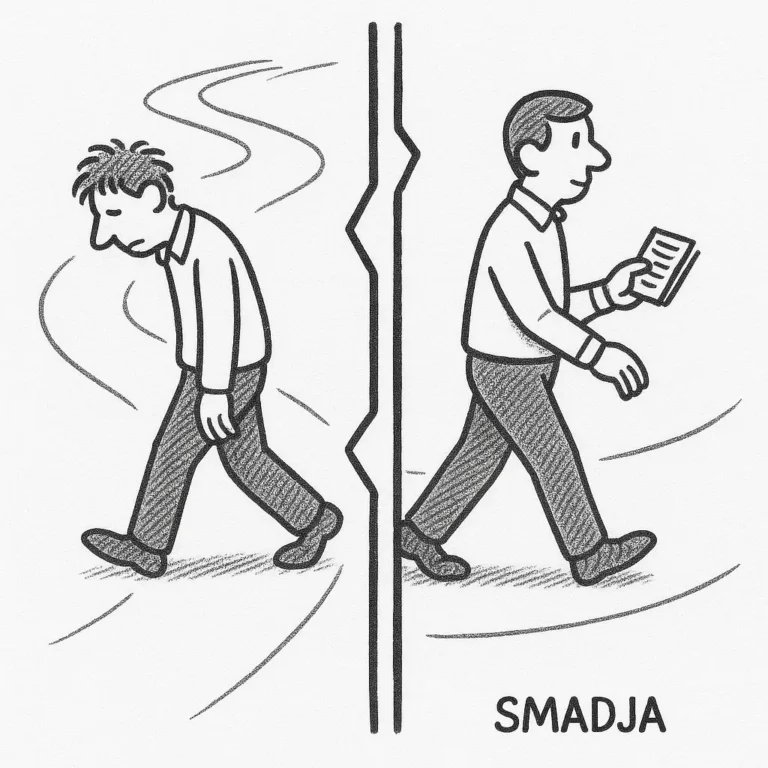
The Fail-Safe Study System
This is why I teach candidates to build Fail-Safe Mode into their plan.
Fail-Safe Mode is your minimum viable study system.
It’s what you do on the days when everything feels stacked against you.
It might be:
20 minutes of active recall
10 formula rewrites
5 practice questions
A quick review of flashcards on the bus
It’s not about scale.
It’s about motion.
You’re telling your brain:
“We study, no matter what. Even when we don’t feel like it. Even when it’s not perfect.”
That keeps your rhythm alive.
That keeps your identity intact.
That stops one bad day from becoming a lost week.
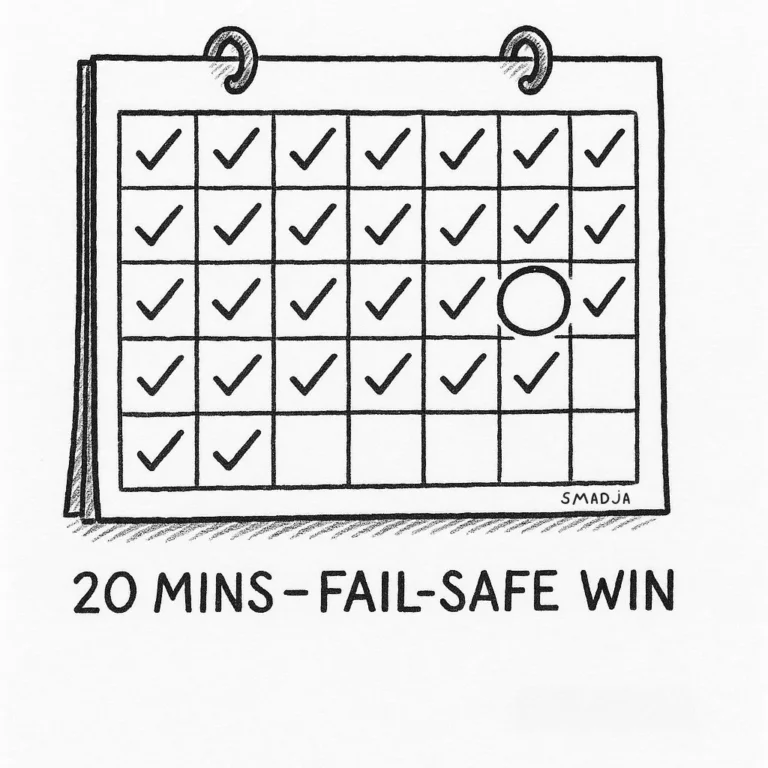
Professional-Grade Systems Include Recovery
Think about how elite athletes train.
Their schedules don’t just include game time and peak performance blocks.
They include off days, recovery protocols, active rest, mental resets.
Why?
Because they’re not training to feel perfect every day.
They’re training to show up reliably across the long season.
You’re doing the same.
The CFA journey is long.
It demands months of commitment.
You will not feel great every day.
You will not be your best every session.
Your system has to absorb that without falling apart.
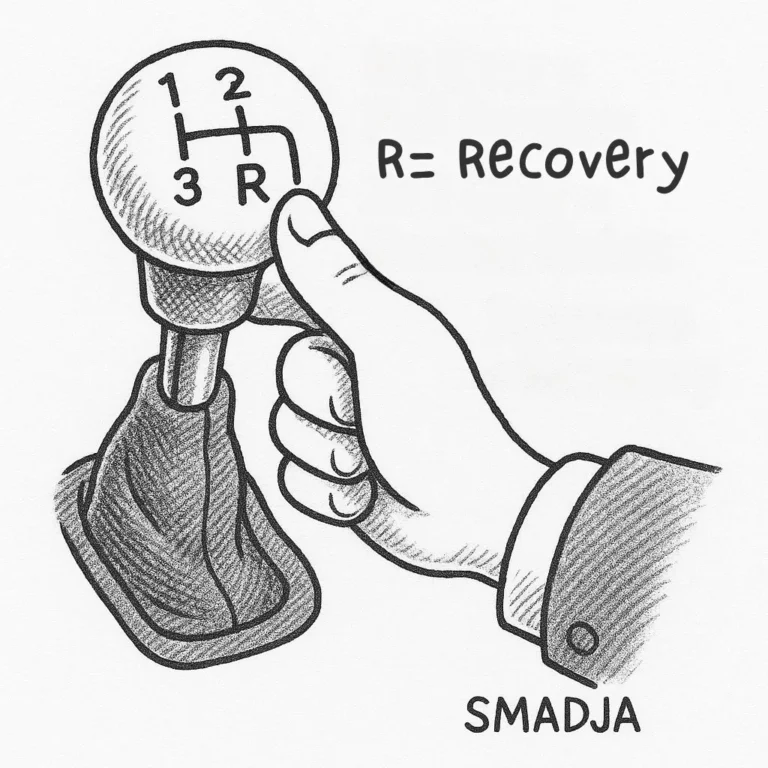
Final Thoughts
The best candidates don’t hope for perfect conditions.
They build systems that don’t require them.
Bad days are part of the plan.
Expect them.
Prepare for them.
Move through them.
Even slow progress compounds.
Even a small win is better than a skipped session.
The engine doesn’t stop.
You just shift gears.
